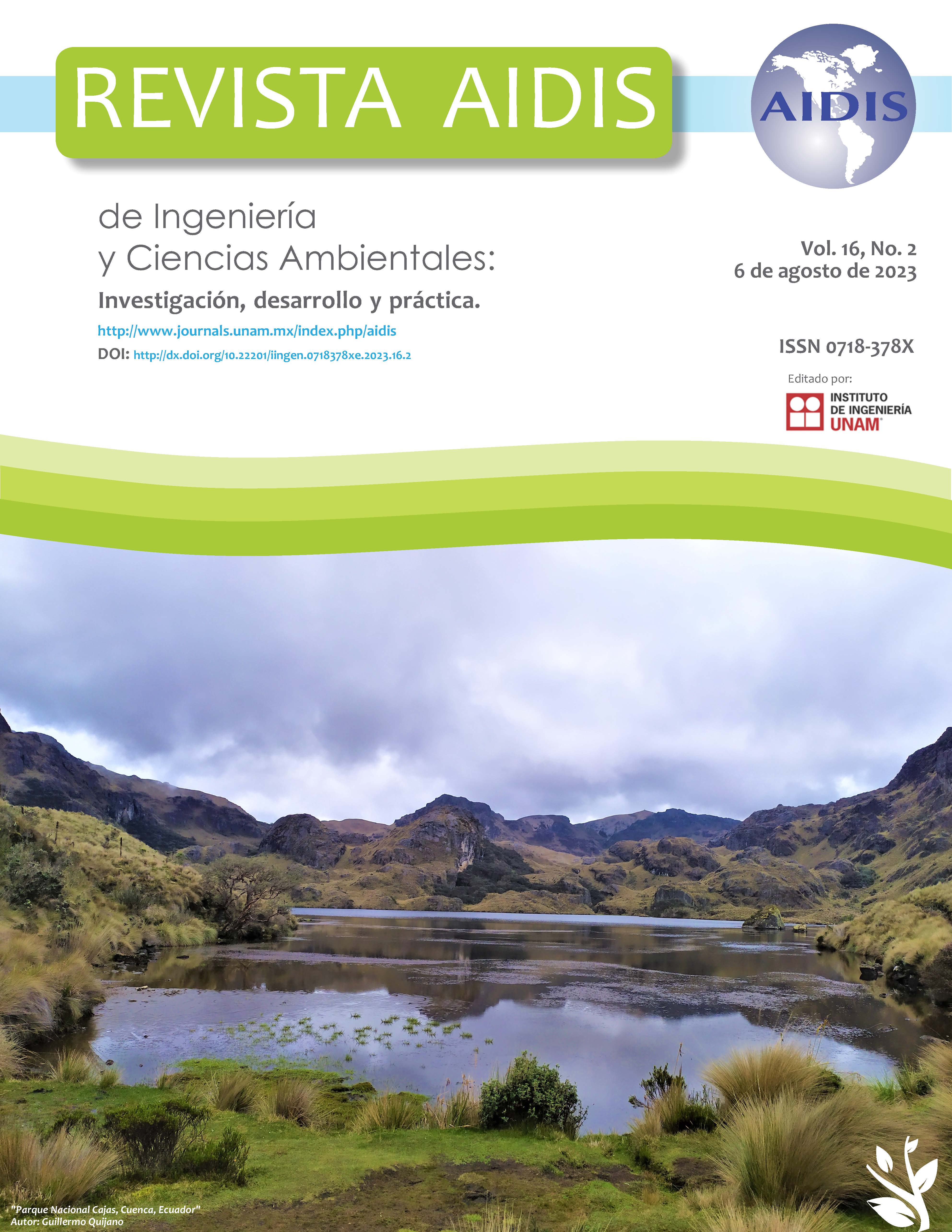AQUAPONICS IN BRAZIL: REVIEW AND SURVEY ON WASTE MANAGEMENT PRACTICES
Contenido principal del artículo
Resumen
Aquaponics is a food production technique that may be applied in the context of urban agriculture to help achieve food security and promote sustainable agriculture and production patterns, among other Sustainable Development Goals. Brazilian population is large and highly concentrated in urban areas and might benefit from this technique. Similar to any other production activity, aquaponic systems generate wastes that must be properly managed, but until now no study focused on waste generated on such systems or on management practices adopted by Brazilian producers; the goal of this article was to address both of these gaps. A systematic review identified waste streams generated on aquaponics, while management practices were seldom mentioned and addressed. A survey on producers located in 17 of the 27 Brazilian federal units helped confirm sludge, packaging waste, dead fish and unusable plant fractions as typical waste streams. It also identified a lack of concern for a more in-depth assessment of such streams to improve management practices, which tended to gravitate toward adequate and inadequate disposal. Finally, the article proposes management practices for each waste stream, drawing from strategies foreseen in Brazilian National Solid Waste Policy.
Detalles del artículo
Citas en Dimensions Service

Esta obra está bajo una licencia internacional Creative Commons Atribución-NoComercial-SinDerivadas 4.0.
